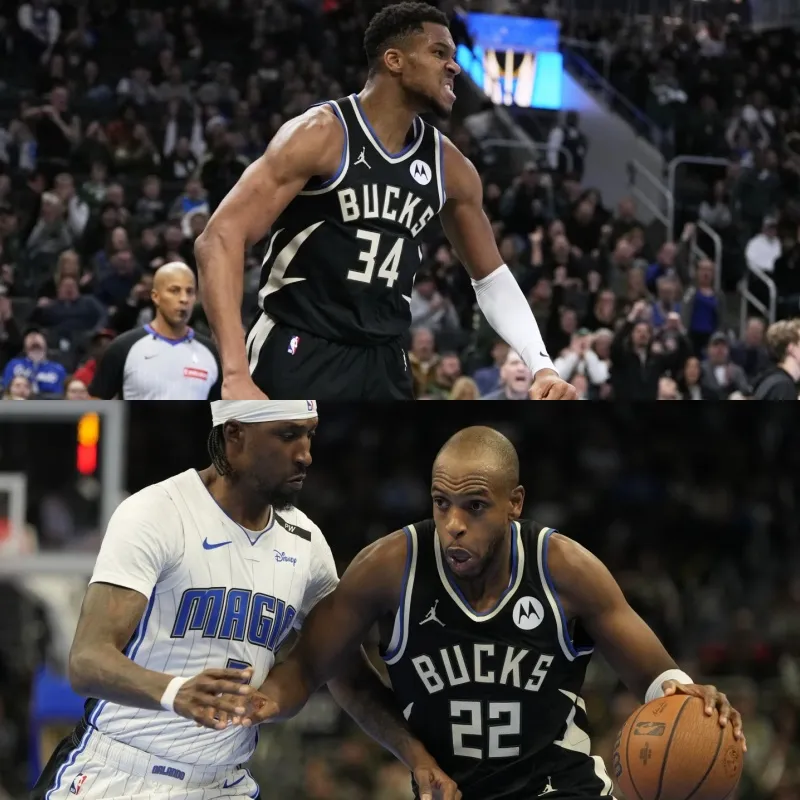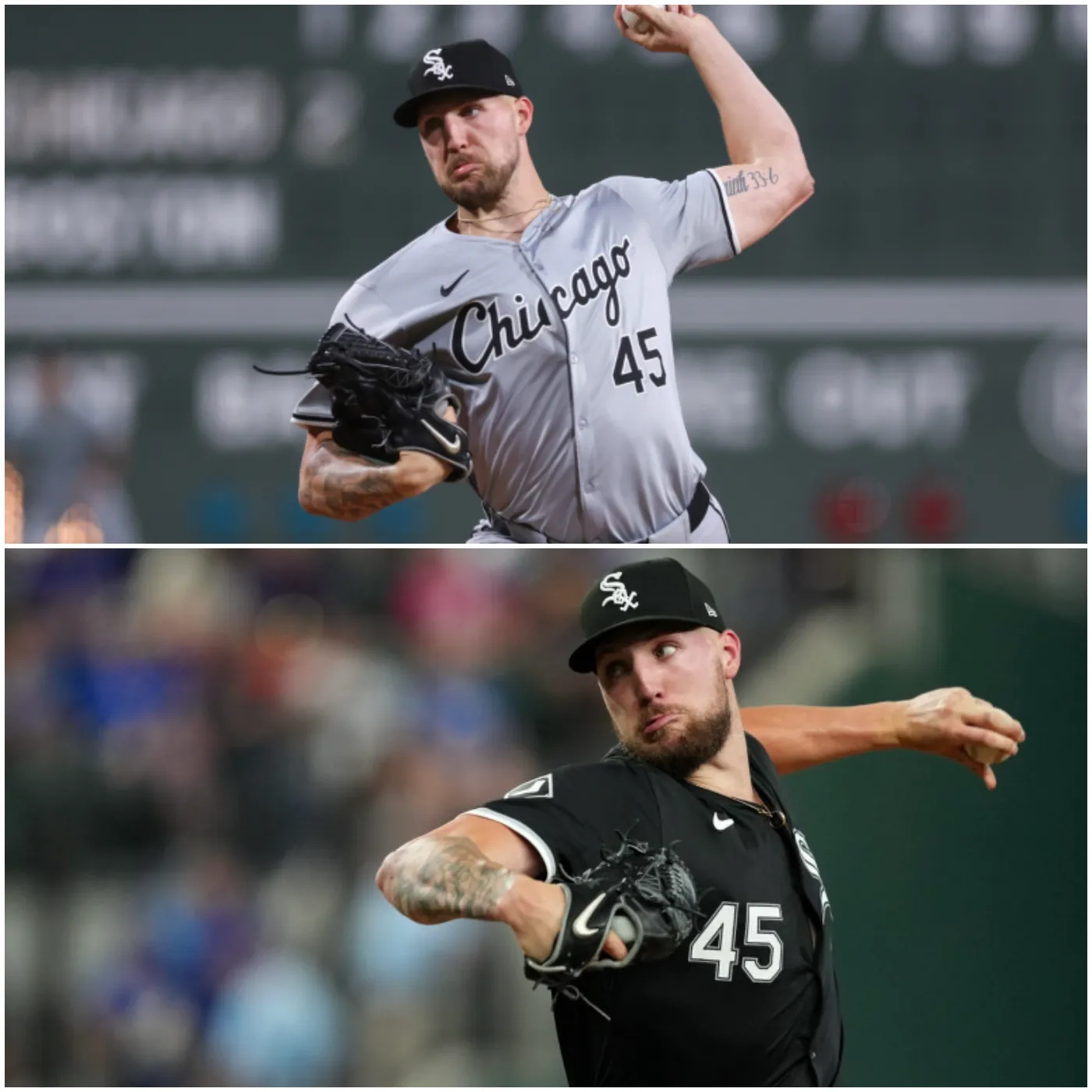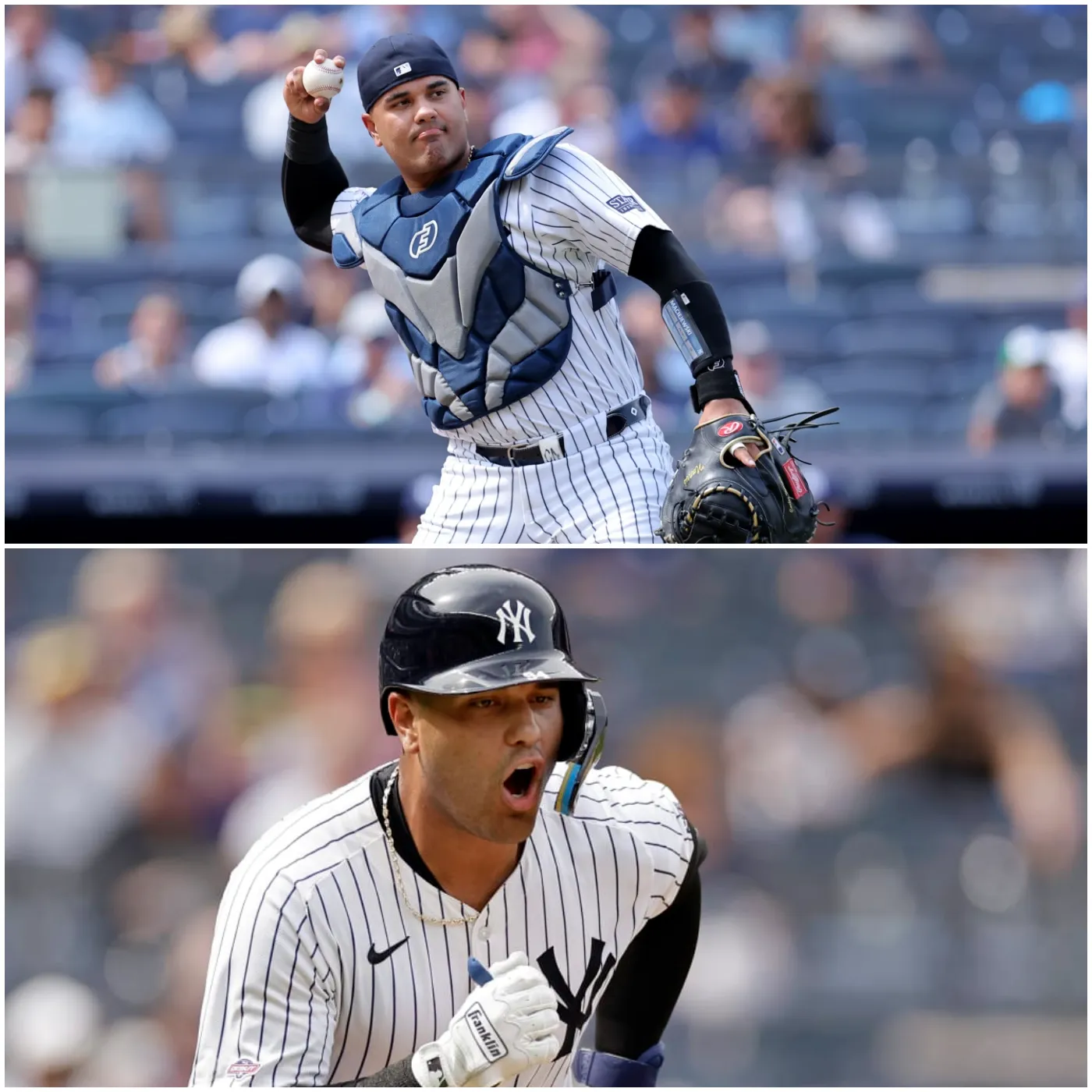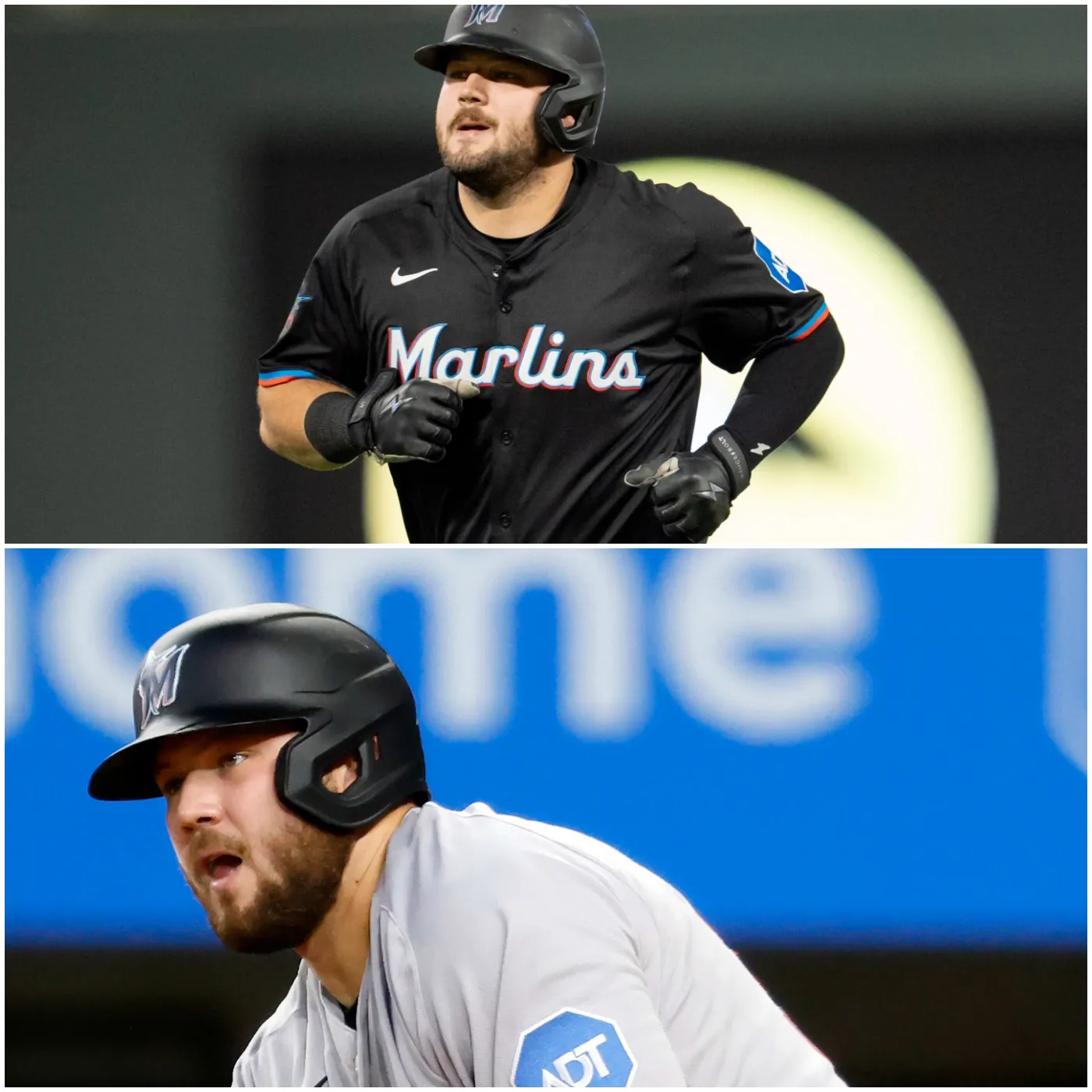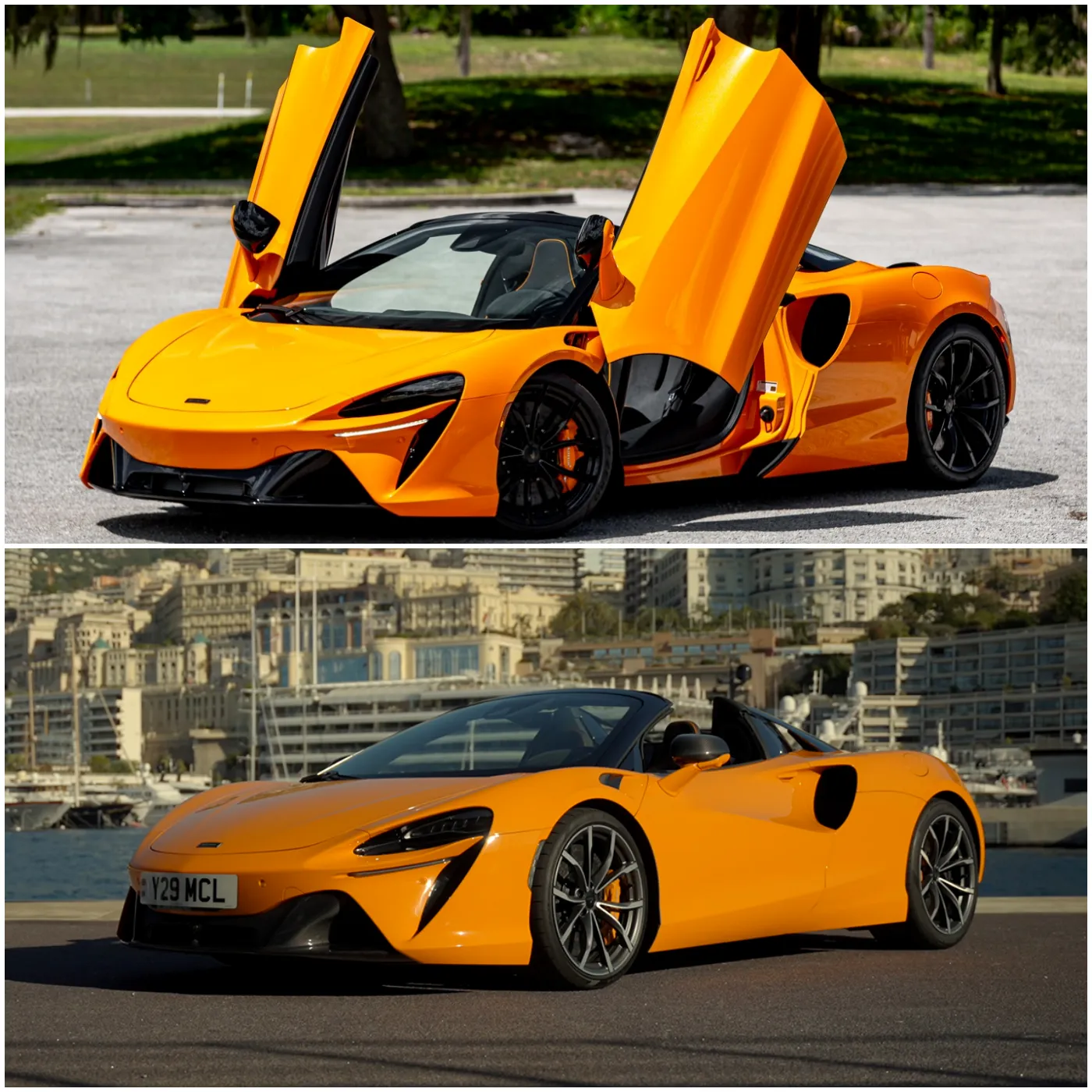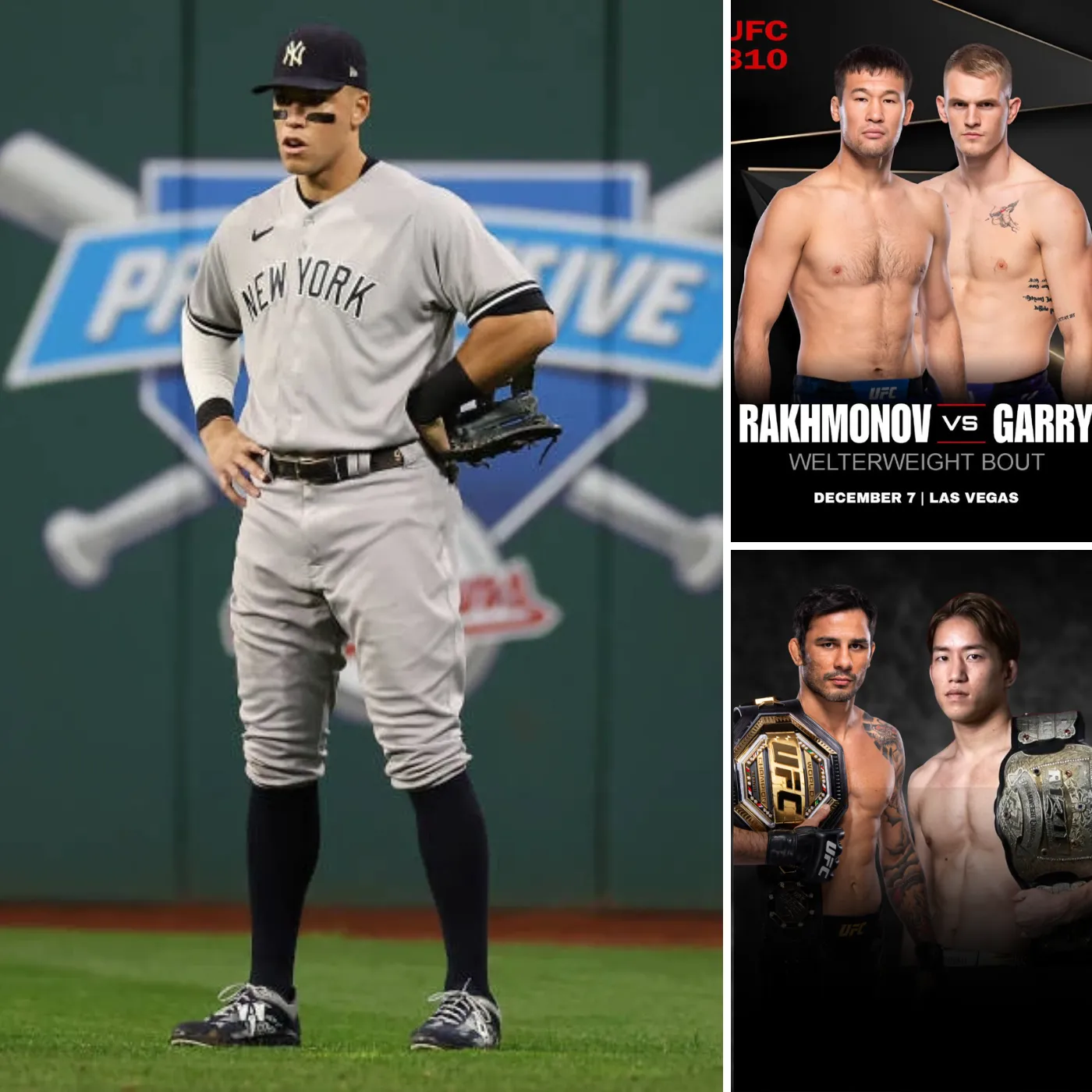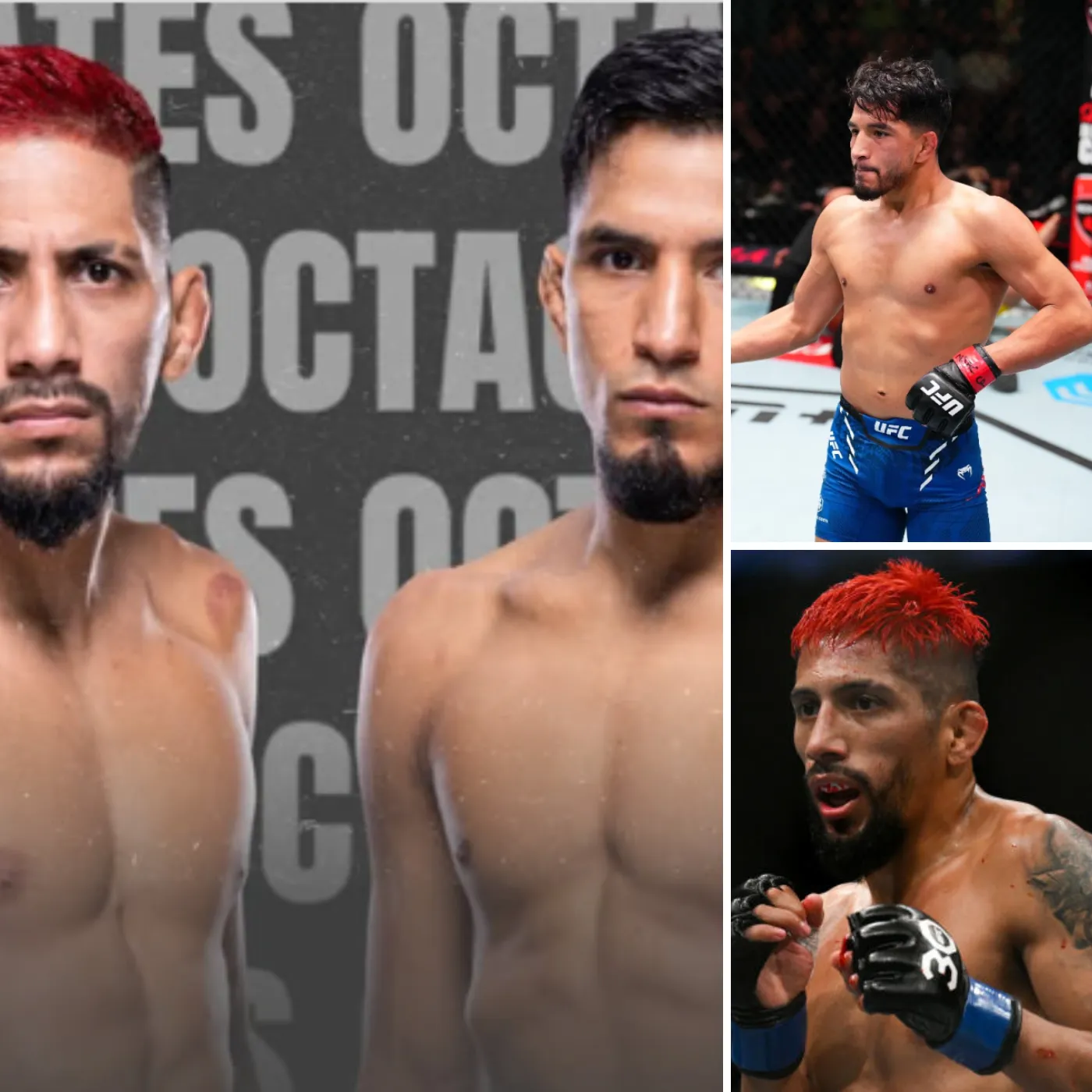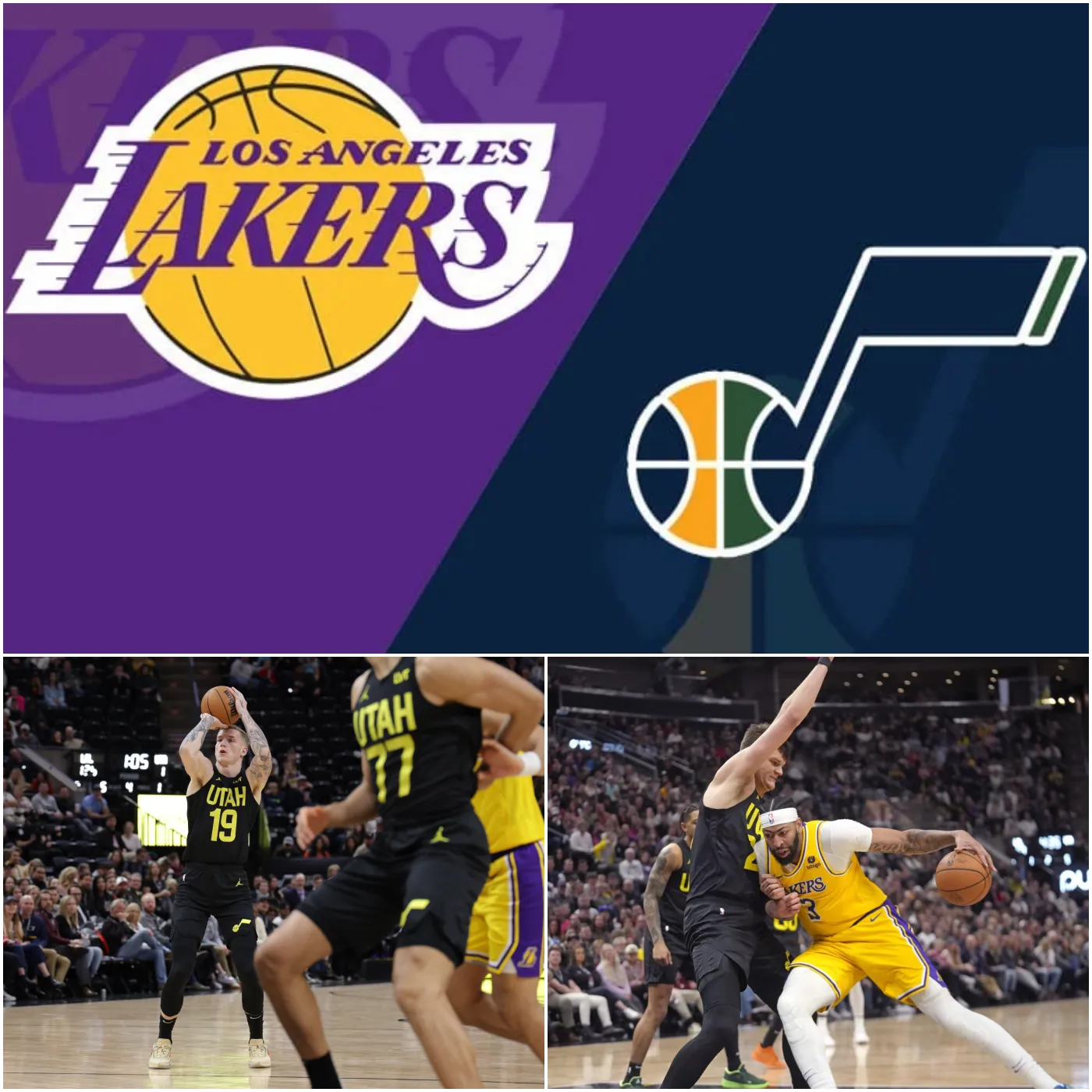Should We Care About the 4 Nations Face-Off?
On Wednesday, the NHL announced the rosters for the upcoming 4 Nations Face-Off, a midseason tournament featuring Canada, the United States, Sweden, and Finland. The event, scheduled from February 12 to 20, will be held in Montreal and Boston, replacing the NHL All-Star Game, which won’t return until 2027. For fans of the Vancouver Canucks, the […]
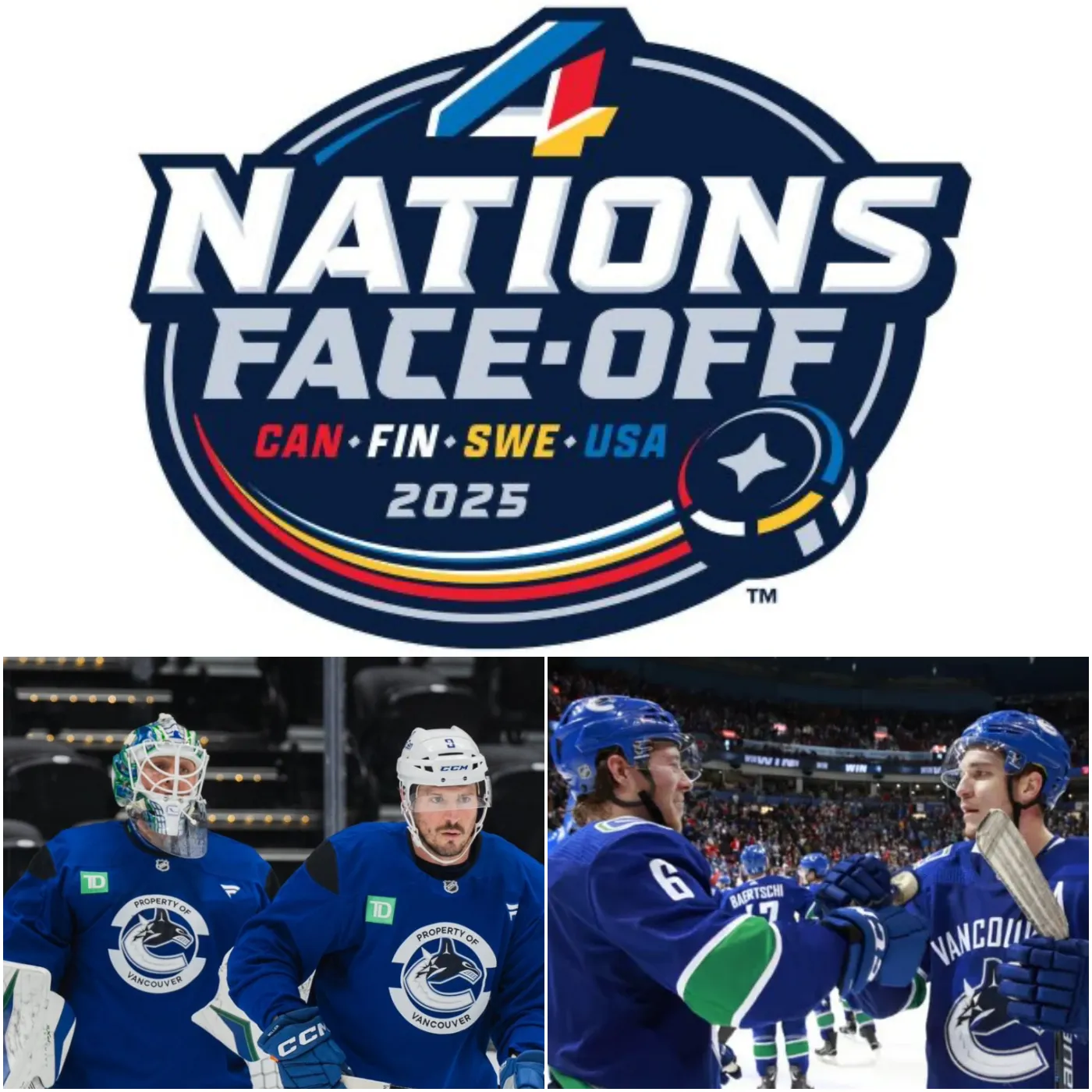
On Wednesday, the NHL announced the rosters for the upcoming 4 Nations Face-Off, a midseason tournament featuring Canada, the United States, Sweden, and Finland. The event, scheduled from February 12 to 20, will be held in Montreal and Boston, replacing the NHL All-Star Game, which won’t return until 2027.
For fans of the Vancouver Canucks, the tournament brings mixed feelings. Four Canucks—Quinn Hughes, JT Miller, Elias Pettersson, and Kevin Lankinen—were named to their respective national teams. Hughes and Miller will represent the United States, Pettersson will play for Sweden, and Lankinen will suit up for Finland.
Despite these high-profile selections, the question remains: should we care?
A Shift from the NHL All-Star Game
In previous years, the All-Star Game provided a break from the intensity of the regular season. For the Canucks, last year’s All-Star festivities featured six players, including Hughes, Miller, and Pettersson, alongside Brock Boeser, Thatcher Demko, and Elias Lindholm. However, while the All-Star Game offered a relatively low-stakes environment, the 4 Nations Face-Off promises a different dynamic.
The tournament will be fiercely competitive, with high-speed, physical games that carry an increased risk of injuries. For teams like the Canucks, this presents a dilemma. While fans might enjoy seeing their stars represent their countries, the potential for injury could derail a promising playoff push.
Rest vs. Risk
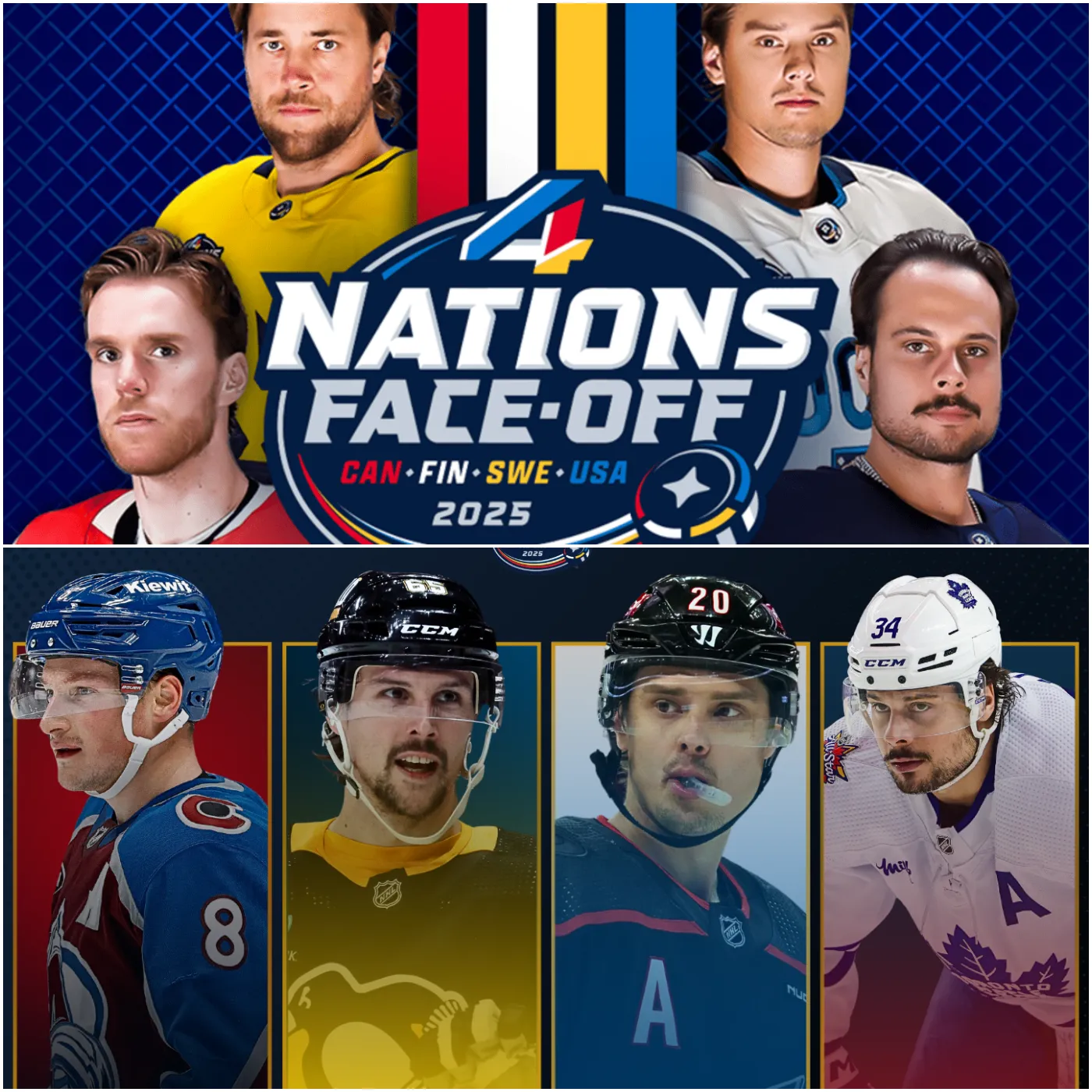
Pettersson, for instance, struggled with knee tendonitis last season, a condition that worsened as the campaign progressed. A break in February could have helped him recover and avoid a decline in performance. Instead, he will now compete in a high-stakes international tournament, potentially exacerbating lingering issues.
Contrast this with Boeser, who despite scoring 40 goals last season, was left off Team USA’s roster. Surprisingly, this omission might be a blessing. He will get the chance to rest during the February break, better positioning himself for the grind of the regular season and playoffs.
Is the 4 Nations Face-Off Worth It?
Unlike the Olympics or the IIHF World Championship, the 4 Nations Face-Off doesn’t offer the prestige of a gold medal. It’s a new tournament designed by the NHL, meaning the league retains all the financial benefits. For players, the motivation to compete stems more from national pride than the pursuit of a major international title.
However, the tournament’s format limits its appeal as a true “best-on-best” competition. Only four countries are participating, excluding top hockey nations like the Czech Republic and Russia. This means standout players like Martin Necas, David Pastrnak, and Tomas Hertl won’t compete, diluting the event’s credibility as a premier international showcase.
The exclusion of the Czechs, the reigning world champions, highlights the tournament’s shortcomings. While NHL logistics make it difficult to include more nations, the absence of several top talents undermines the excitement and legitimacy of the competition.
A Missed Opportunity for International Hockey
In comparison, the 2016 World Cup of Hockey featured eight teams, including unique entries like Team Europe and Team North America (U23). These teams added novelty and intrigue, with Team Europe even reaching the finals against Canada. The current tournament lacks such compelling storylines, relying instead on traditional rivalries like Canada vs. USA and Sweden vs. Finland.
While these matchups are always intense, without a gold medal on the line, the stakes feel lower. This raises the question: will the 4 Nations Face-Off deliver the intensity of Olympic-level hockey, or will it feel more like a glorified exhibition?
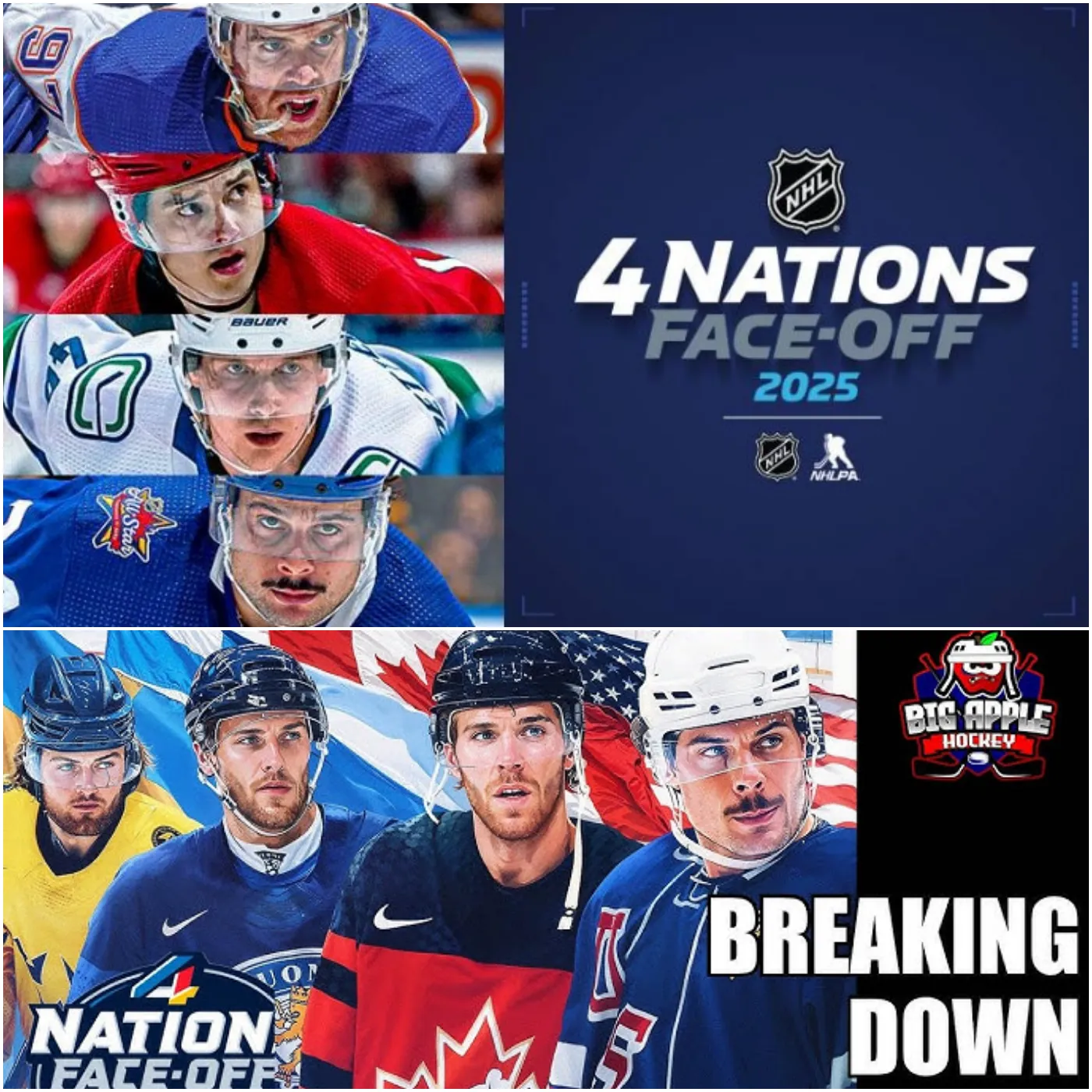
The Injury Trade-Off
Ultimately, the risk of injury looms large. Players put their bodies on the line every night in the NHL with the hope of winning the Stanley Cup. In international competitions like the Olympics, they play for the honour of their country. But for the 4 Nations Face-Off, the stakes seem less clear.
Is risking the health of players like Hughes, Pettersson, and Miller worth it for a midseason tournament? What happens if an injury at the tournament derails the Canucks’ playoff hopes?
Perhaps enthusiasm for the 4 Nations Face-Off will grow as February approaches. The quality of hockey may win over skeptics, and fans may relish the chance to see their favourite players compete internationally. But for now, it’s hard to shake the feeling that this tournament lacks the weight and significance of true international competition.
Until it proves otherwise, the 4 Nations Face-Off feels more like an interlude than a must-watch event.




